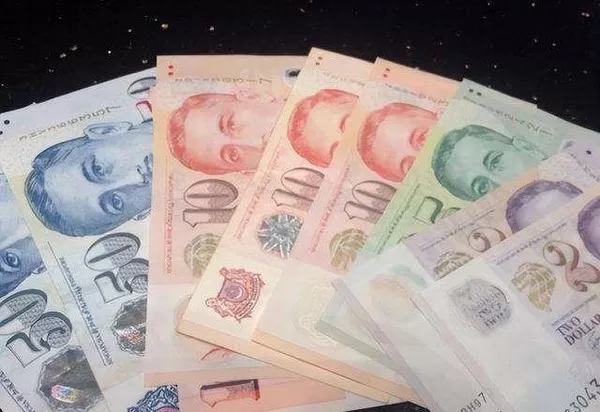Choosing the most suitable currency for transactions in the United Kingdom is a critical consideration for both residents and visitors alike. The UK’s diverse financial landscape, with its various currencies and payment methods, can be overwhelming. In this article, we will explore the best currency options for conducting transactions in the UK, considering factors such as convenience, exchange rates, and acceptance.
The Pound Sterling (GBP):
The official currency of the United Kingdom is the Pound Sterling, denoted by the symbol £ and the ISO code GBP. Using the local currency offers numerous advantages, primarily the elimination of exchange rate uncertainties. Businesses, retailers, and service providers across the UK readily accept the Pound Sterling, making transactions seamless and straightforward.
One of the key benefits of using the Pound Sterling is the stability it provides. As the official currency, it is widely circulated and widely accepted, ensuring that individuals can make purchases, pay bills, and conduct financial transactions with ease. Additionally, the Pound Sterling is less susceptible to fluctuations compared to foreign currencies, reducing the risk associated with currency exchange.
Debit and Credit Cards:
Debit and credit cards are widely accepted throughout the UK, offering a convenient and secure method for transactions. Most establishments, from large retailers to small businesses, readily accept major credit cards like Visa, MasterCard, and American Express. Contactless payments have also gained popularity, providing a swift and hygienic way to complete transactions.
Using a debit or credit card in the UK offers the advantage of real-time currency conversion, allowing users to make purchases in their home currency. However, it is crucial to be mindful of currency conversion fees charged by card issuers, as they can impact the overall cost of transactions. Some financial institutions offer cards specifically designed for international travelers, minimizing these fees and providing additional perks such as travel insurance and rewards programs.
Foreign Currency Exchange Services:
For those who prefer to use a currency other than the Pound Sterling, foreign currency exchange services are available across the UK. These services, commonly found at airports, banks, and currency exchange bureaus, offer the convenience of converting foreign currencies into GBP.
However, it’s essential to be cautious when using these services, as exchange rates and fees can vary significantly. Before opting for foreign currency exchange, it is advisable to compare rates from different providers to ensure a fair deal. Additionally, some exchange services may charge a commission or flat fee, impacting the overall cost of converting currencies.
Cryptocurrencies:
In recent years, cryptocurrencies have gained attention as an alternative form of currency. While their acceptance in traditional retail settings is limited, some businesses in the UK do allow transactions in cryptocurrencies. Bitcoin, Ethereum, and other digital currencies offer decentralized and borderless transactions, making them attractive to a growing number of individuals.
However, the volatility associated with cryptocurrencies can pose a risk for users, as the value of these digital assets can fluctuate significantly. Additionally, not all businesses accept cryptocurrencies, limiting their practicality for day-to-day transactions. Those considering the use of cryptocurrencies in the UK should carefully evaluate their acceptance and be aware of the potential risks involved.
See Also Will The Pound Get Stronger In 2024?
Conclusion:
In conclusion, the best currency to use in the UK ultimately depends on individual preferences, needs, and circumstances. The Pound Sterling remains the most widely accepted and stable option, offering a seamless and reliable means of conducting transactions. Debit and credit cards provide convenience, with the option for real-time currency conversion, while foreign currency exchange services cater to those who prefer using their home currency.
As the financial landscape continues to evolve, emerging options such as cryptocurrencies add another layer of choice for consumers. However, it is crucial to carefully consider factors such as acceptance, volatility, and associated risks before incorporating these alternative currencies into daily transactions.
Ultimately, whether one opts for the local currency, cards, or alternative forms of payment, a well-informed decision ensures a smooth and cost-effective financial experience in the diverse and dynamic United Kingdom.


